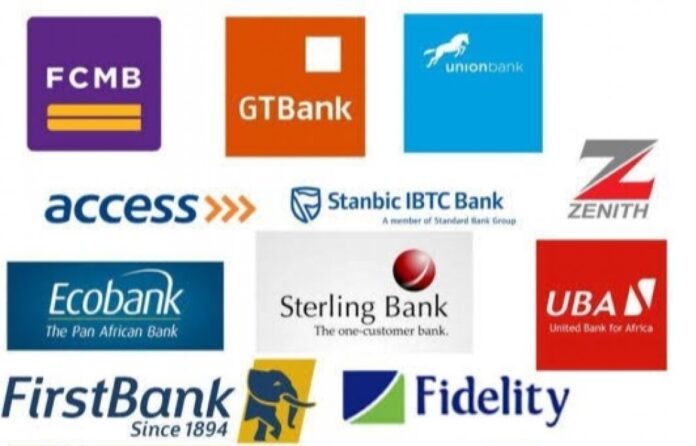By Eberechi Obinagwam
A team of fact-checkers on Dis/misinformation of Nigerian Businesses has presented the second phase of the assessment for the month of September.
The team made the presentation on Wednesday at the Nigeria Employers’ Consultative Association (NECA) in Lagos.
Nigeria Employers’ Consultative Association (NECA) in conjunction with the Centre for International Private Enterprise (CIPE) commissioned a consultant, International Press Centre (IPC) to carry out an assessment on the behaviour of Disinformation in Nigeria through Tracking, Monitoring and Desk Research. The exercise was slated for a period of 5 months beginning from May 1, 2024.
Presenting the report, Lanre Arogundade, director International press centre, Lagos said a total of 16 articles were fact-checked for fake news with Fintech and banking institutions having the biggest targets.
“16 business related false information were identified and fact checked in September 2024 as against 48 posts and articles recorded in August and the earlier period which served as the baseline assessment.”
He said the key findings for September showed that fake news purveyors have continued to leverege Nigeria’s economic challenges to weave damaging narratives against business firms. “The findings for the period showed that the Fintech/Banking sector was mostly affected at 64.3% of all mentions by the false narratives with Opay Nigeria having the highest frequency of mentions (11.8%). Other banks such as Fidelity, Globus, Access , FirstBank, Sterling, Palmpay, and Kuda were each mentioned once during the period. In the manufacturing sector, Dangote, Shell and PZ were each mentioned once for 7.5%, others include the entertainment sector, DSTV, TVC news were each mentioned once for 7.5% as well as the transom sector where Bolt was mentioned once at 75%.”
The report also showed that fake actors manipulated the logos of businesses firms to advertise the purported provision of loans and grants on fabricated Apps and websites via dubious links, which, when checked upon, would lead the users to other unrelated sites.
According to the report, members of the public are the major sources of dis/misinformation against businesses with only a small percentage coming from the business community, also most of the tracked false business related stories were through social media rather than traditional media.
“Most of the flagged stories include statements with fabricated content of 25% , false connection context has 25%, misleading content 18.80%, manipulated content 6.30%.
Mis/disinformation often appears in audio, videos, images and multi media formats of all the relevant content, most false information about businesses appeared in multi media formats (37.5%) followed by those that appeared in onlybimages (31.3%) only text of 24% and value content (6.3%),” the report revealed.
It also revealed that fake content creators are not relenting in their nefarious activities due to several reasons ranging from large financial benefits, clickbites strategies, and unhealthy rivaties among business owners, “Any of these could be a factor as the findings showed that the same old business related dis/misinformation kept changing from business to business and was (re) created and reshared by the same actors on social media. For instance, the same false narratives by ‘a Facebook page offering loans in the name of Palmpay (Gact-checked by Africa checks in September 2023 was recrafted and reshared by six suspicious pages offering loans in the name of Opay which was factchecked by Africacheck in December 2023. The same false content by five Facebook pages offering in the make of Opay was factchecked by Africacheck in September 2024.”
It said, despite that, this information was debunked often and often, online users kept sharing and believing them.”According to BB.Com, the public will believe what they want to believe even after debunking because the flow of information in private networks cannot be controlled despite efforts by social media platforms. And the social media machinery may continue to insert false information in their distribution of various messages for (political) or economic gains.”
They recommended that business firms should strengthen their PR departments to upscale their media monitoring strategy, focusing more on the quality of observation happening on social media space, being the highest enabler of false information.
Olubunmi Osuntunji, secretary, International Chamber of Commerce Nigeria, hailed the team for a robust report and called for ways to transform the report to a product that will help the economy, “You can’t quantify the values that have gone in this. Businesses, te vulnerables it has affected. This should be taken seriously. The platforms of which they do all these must be accountable, they should be reached to tell them that people are erupting Nigerians through their platforms.”
















